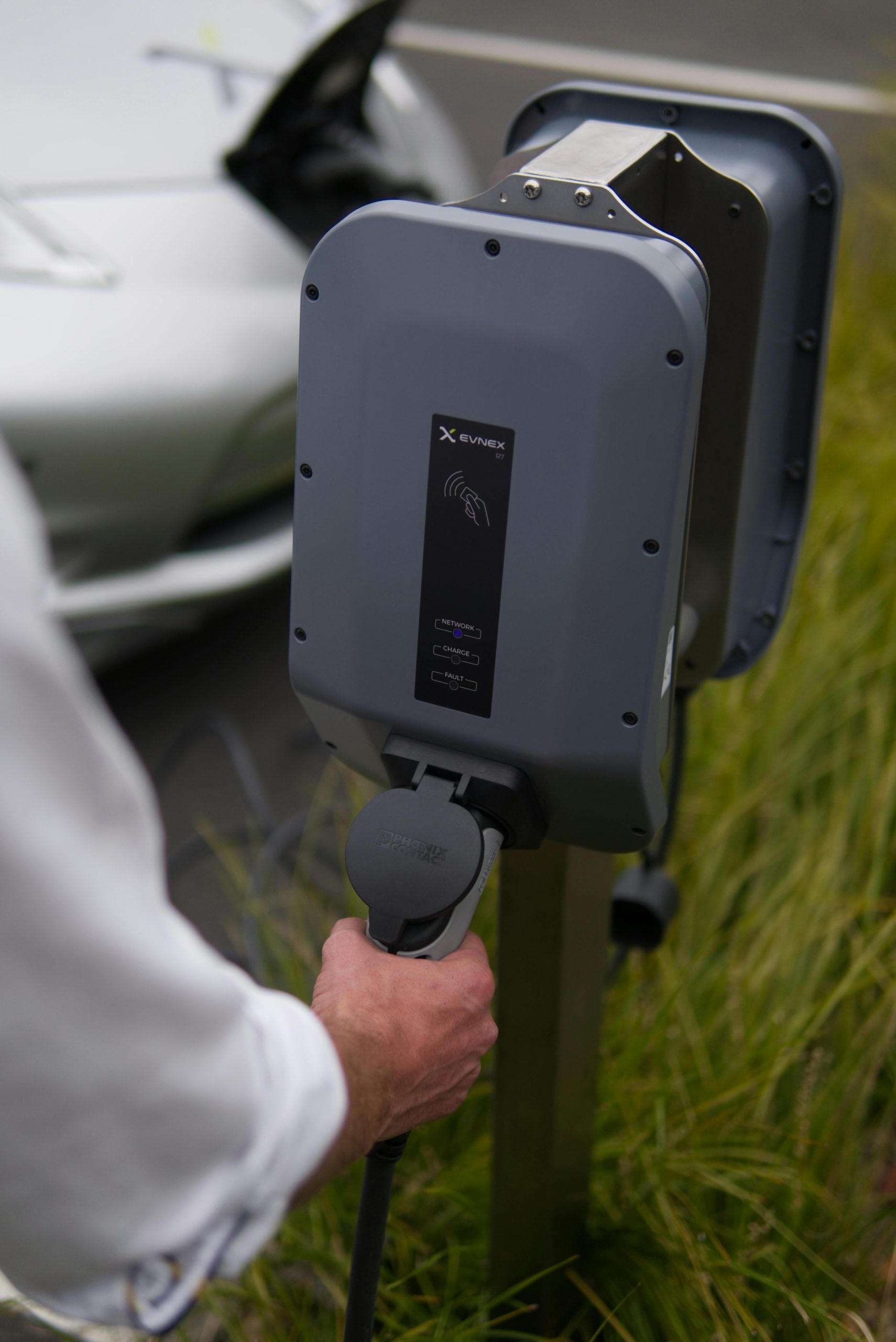Understanding Charge Point Grants in the UK
The drive towards sustainable living and the adoption of electric vehicles (EVs) is gaining momentum globally. In the UK, one of the key facilitators of this shift is the availability of Government approved charge point grants.
These grants make it easier and more affordable for homeowners and businesses to install EV charging points, supporting the transition to a cleaner, greener future. This blog delves into the various charge point grants available in the UK, their benefits, and how to apply for them.
The Need for Home Charge Points
As the number of EVs on UK roads increases, the demand for convenient and reliable charging options is growing. Home charge points offer unparalleled convenience, allowing vehicle owners to charge their cars overnight or during off-peak hours, reducing reliance on public charging infrastructure. However, the cost of installing these charging points can be a barrier for many. This is where charge point grants come into play.
Benefits of Charge Point Grants
- Financial Relief: These grants can significantly offset the installation costs of home charge points, making them more affordable for the average consumer.
- Environmental Impact: By facilitating the use of EVs, these grants help reduce greenhouse gas emissions and promote cleaner air quality.
- Enhanced Property Value: Homes with installed EV charge points are increasingly attractive to potential buyers, adding value to the property.
- Support for Green Technology: Encouraging the use of electric vehicles helps drive the demand for renewable energy and technological advancements in the automotive sector.
Key Charge Point Grants in the UK
- Electric Vehicle Homecharge Scheme (EVHS): The EVHS is one of the most prominent grants available to homeowners in the UK. Managed by the Office for Zero Emission Vehicles (OZEV), this scheme offers up to 75% of the cost of installing a home EV charge point, capped at £350. To be eligible, applicants must own, lease, or have ordered a qualifying electric vehicle, and the charge point must be installed by an OZEV-approved installer.
- Workplace Charging Scheme (WCS): For businesses, charities, and public sector organizations, the WCS provides financial support for the installation of EV charge points at workplaces.
- This scheme offers up to £350 per socket, with a maximum of 40 sockets across all sites per applicant. This can significantly reduce the costs for organizations looking to support EV use among their employees.
- On-Street Residential Chargepoint Scheme (ORCS): Local authorities can apply for funding under the ORCS to install on-street residential charge points in areas where off-street parking is not available. This scheme aims to make EV charging accessible to residents without private driveways, promoting the adoption of electric vehicles in urban areas.
How to Apply for Charge Point Grants
Applying for these grants generally involves a straightforward process, At TWR Charge points we take the stress out of applying for these grants.
- Electric Vehicle Homecharge Scheme (EVHS): Homeowners should first ensure they have a qualifying electric vehicle. The next step is to choose an OZEV-approved installer who will handle the application process on behalf of the applicant. The installer will verify the eligibility and apply for the grant.
- Workplace Charging Scheme (WCS): Organizations need to complete an online application form available on the UK government website. Once the application is reviewed and approved, the applicant will receive a voucher code, which can be presented to an OZEV-authorized installer to claim the grant.
- On-Street Residential Chargepoint Scheme (ORCS): Local authorities interested in this scheme should submit a grant application form along with evidence of support from local residents. The application process involves planning and demonstrating the need for on-street charge points in the proposed areas.
Conclusion
Charge point grants in the UK are a crucial element in promoting electric vehicles and supporting the country’s environmental goals. By reducing the financial burden of installing home and workplace charge points, these grants make it easier for individuals to transition to electric vehicles, driving the UK towards a more sustainable future.
If you own an EV or are considering purchasing one, exploring these grant options could be a significant step towards a greener lifestyle.
